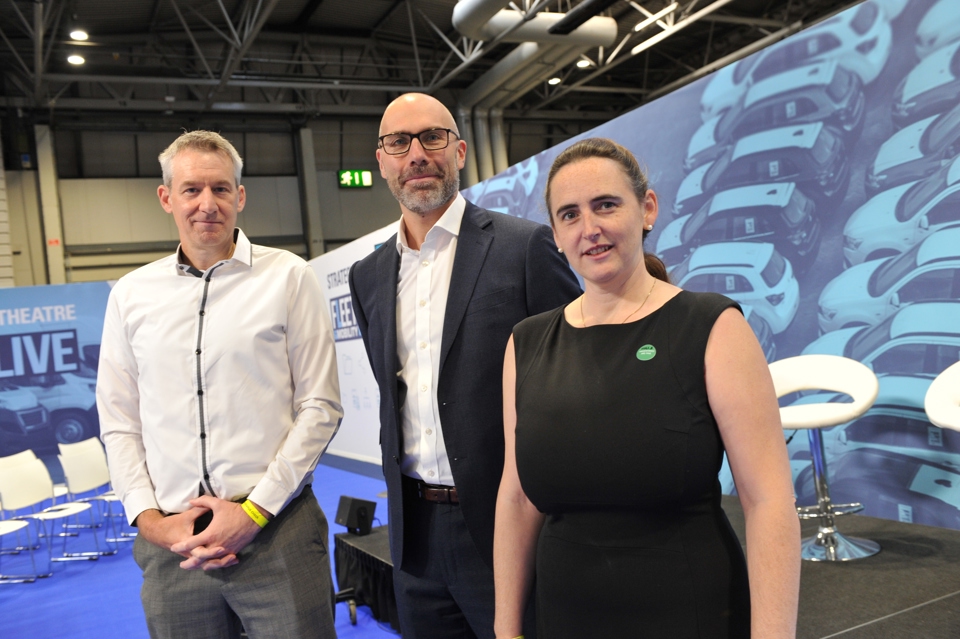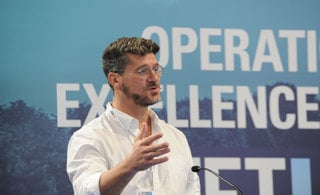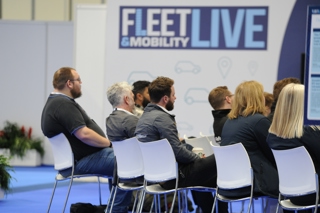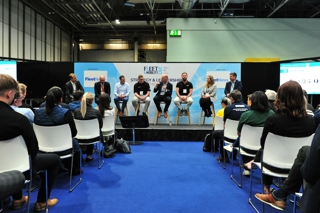Collecting the right data is the first step to developing a mobility as a solution initiative, delegates at Fleet & Mobility Live were told.
Speaking at the Mobility as a solution: adopting a flexible strategy for getting people from A to B seminar, Lorna McAtear, fleet manager at National Grid, told the audience she has begun the process of developing a solution for its employees.
“I still don’t expect to have any kind of full mobility as a solution for another three or four years, but you need to look at how you can do things differently,” she said.
“The definition of mobility is to the ability to move or be moved freely and easily. But what does that mean when it comes to mobility as a service?
“Well, actually, to each and every one of us, it's different, it may well be just an umbrella name.
“Below that, you still have your company car schemes, you still have your salary sacrifice schemes, you still have your commercial vehicles, you start to put in your train journeys, your taxes, your car-sharing all the other bits and pieces.
“It's basically understanding who is doing what, wherever they do in that, how are they doing that? Are they doing it easily? Can they move from A to B? Or can things be moved from A to B, freely and easily?
“And that's what mobility is about. It's looking now at the future and how we get there and what we do about it. Is it a train trip? Is it a flight? How do we make this happen? How do we fund it? How do we analyse it? How do we control it? And how do we actually meet our scope three emissions that are coming around the corner?
“It's very easy for people at the moment to say ‘you know what, let's just get rid of cars, give everybody cash and that solves our scope one emissions.
“But you’re just kicking that time bomb down the line later to explode in somebody else's face.
“Scope three is here, it needs measuring, and we need to look at what we do.
“It's not just about changing out the vehicle that we have now for a more efficient cleaner, greener one.
“It's actually about behavioural change and that’s going to take time.”
McAtear said one issue fleet managers may face, particularly those in large corporations is that the relevant information may be held by different departments.
“Travel won’t necessarily sit within your fleet, and your other movements won’t necessarily sit there as well: your data systems won’t be talking to each other,” she added.
“So you now need to start looking across the piece and understand how you can gather all that information and understanding where your quick wins may be.
“Some of it may be as simple as ‘you know what, I’m going to target the apprentices because their mindset for travel is different to my mindset for travel’, or ‘I’m going to tackle the people that live in London first because they have an infrastructure that’s more helpful to sorting out a more mobile environment.”























Login to comment
Comments
No comments have been made yet.